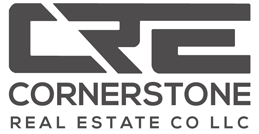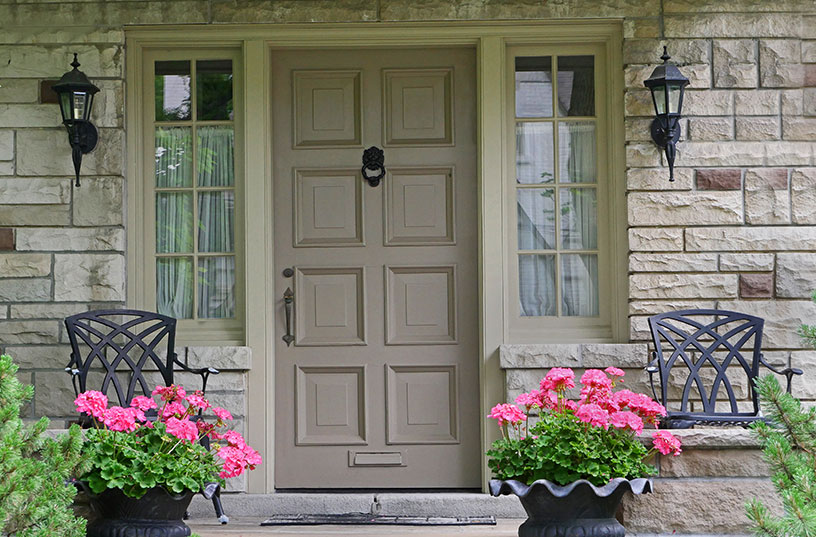Someone once said, “nothing is perfect in this world.” Even a home that has been loved and well-cared for over the years, will probably have a few problems. That’s why most states, including Michigan, require some type of seller’s disclosure statement as part of the home sale process, which is meant to protect buyers from nasty surprises after closing. Even in states where a seller’s disclosure is not required, a buyer can request one.
What is a Seller’s Disclosure?
This document, which is usually a standard form, lists anything known about the property’s condition that could negatively affect its value. When someone makes an offer on a home, they typically receive a seller’s disclosure or “property disclosure statement,” as it’s sometimes called. In Michigan, you are required to present this disclosure statement to the prospective buyer or the buyer’s agent prior to signing a purchase agreement (or sales contract). (Mich. Comp. Laws 565.954(1).
What Must be Disclosed?
In most cases, sellers are only required to list “known” defects. In other words, you do not need to research all the categories/items listed on the form. (Which is why a buyer should still get a home inspection.) The requirements can vary from state to state, but here in Michigan, the standardized form is basically a checklist asking the seller to indicate the condition of major features, such as appliances, roof, basement, and HVAC systems, as well as “any known problems affecting the property, such as encroachment issues, environmental issues, and pending legal issues.” The form also asks for information regarding the type of insulation in the home, a history of repairs, or whether there has been any type of infestation. (That one makes us itchy just thinking about it!) The form also requires the seller to disclose:
- The type of plumbing system in the home and whether there are any known problems.
- The age of the roof and any history of leaks and/or repairs.
- The age of the heating and cooling systems and any known problems.
- Any known problems with the electrical system.
- Any known environmental hazards, such as asbestos, radon gas, formaldehyde, lead-based paint or contaminated soil.
- Whether the seller has flood insurance on the property, and any known history of flooding.
- Any major damage to the property from fire, wind, floods, or landslides.
Of course, these are just some of the items on the checklist. You can see a complete copy of the Michigan Seller Disclosure form here.
Obviously, the information a seller provides is meant to help the prospective buyer make an informed decision about whether to purchase the home and on what terms. So, it’s important to answer the questions honestly or “in good faith,” as the statute requires (Mich. Comp. Laws 565.960). Failure to comply could allow the buyer to cancel the sale or worse, sue the seller for fraud after discovering defects that the seller knew about but didn’t disclose.
The key word is “known.” As a seller, you are only obligated to disclose information that you actually and personally know, according to the “best information available.” In other words, you are not required to investigate issues before completing the form. If you do not know certain information requested on the form, you can check the “unknown” box. However, if your roof starts leaking or your furnace conks out after you’ve delivered the disclosure statement, you should amend the document as soon as possible.
What You Don’t Know Could Hurt You
A seller’s disclosure is not meant to take the place of a home inspection because it only lists issues that are “known” to the homeowner. A home inspection is a report written by a professional inspector detailing the home’s overall condition. The prospective buyer hires and pays for the inspection. There are many issues that a seller may not be aware of that a professional inspector could find, including:
- Cracks in the foundation
- Roof damage not visible from the ground
- Drainage issues
- Plumbing leaks and faulty seals
- Hidden mold due to past water damage
- Electrical issues, such as missing or broken ground-fault circuit interrupter (GFC) outlets or insufficient wiring
- Insufficient ventilation in bathrooms, laundry rooms, kitchens and attics
Whether you are selling your home or in the market for a new home, it’s important to do your due diligence. Sellers’ disclosures and home inspections are both necessary before making such a major decision and can help you avoid costly repairs. Our best advice is to work with a professional real estate agent who can help you navigate the process and keep an eye out for your best interests!










